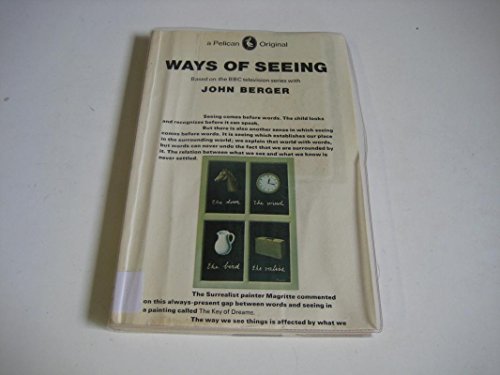

“In the process of trying to write about someone’s life, Berger realises there’s always this distance which it’s the work of literature to negotiate, to examine, but to realise ultimately is never bridgeable.”įor Berger, rather than be an isolated novelist, he wanted to be a story-teller, to be a conduit through which other people’s stories travel. So he seems to have established this relationship where, in return for them not beating him up, or ‘protecting’ him, he would write letters home for them: lots of them couldn’t write themselves. In Ireland he was a PT instructor, doing physical training with these recruits who were all a lot tougher than he was. So, because they thought he was being awkward, they sent him to Ireland. He’d already fallen in with various anarchist thinkers and recognised the ridiculousness of this and turned it down. That was apparently how conscription worked then. Because he’s been at this public school, he was offered a commission straight away. The genesis myth for this storytelling involves his being called up for military service after having run away from public school. In the preface to Portraits he denies being an art critic, in quite sweary terms. The way he characterises himself instead is as a storyteller. When he was writing his series of novels about peasants in the French Alps, he looked back at the rest of his works and said, “even when I was writing about art, it was really a way of story-telling.”

Foreign Policy & International RelationsĬan you characterise John Berger as a writer?.


 0 kommentar(er)
0 kommentar(er)
